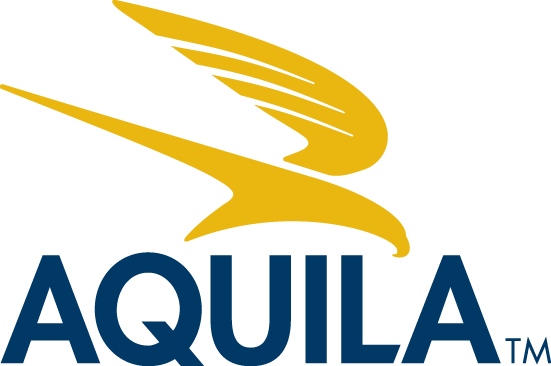Hiring a property management company to oversee your commercial office building can provide numerous benefits and ultimately save you time and money. From handling day-to-day operations to implementing strategies to attract and retain tenants, a property management firm can help you achieve your financial goals and maintain a competitive edge in the market. In this article, we’ll explore the key advantages of partnering with a property management company.
Financial Management and Budgeting
A property management company can take the stress of financial management off your hands. They provide a variety of financial statements, such as income statements, balance sheets, and cash flow statements, giving you valuable insights into your property’s performance. Property managers also create budgets, forecast expenses, and track variances to help you make informed decisions and reach your financial objectives.
Rent Collection and Tenant Ledgers
Collecting rent from multiple tenants with varying lease terms and rates can be a complex task. Property management companies maintain meticulous records and tenant ledgers to ensure timely rent collection and accurate account balances. This helps maintain a steady cash flow and minimizes the risk of delinquencies.
Regular Maintenance and Preventative Measures
Keeping your property well-maintained is crucial for attracting and retaining tenants. As we mentioned in the first chapter, a skilled property management team will create detailed maintenance schedules, perform regular inspections, and handle repairs promptly. By implementing preventative maintenance measures, they can help you avoid costly repairs and keep your property in top condition.
Property Upgrades and Vendor Relationships
A property management company can advise you on strategic property upgrades to keep your building up-to-date and competitive. They often have established relationships with vendors, ensuring that you get the best prices and quality work for your investment. Keeping your property updated can enhance its appeal, attract new tenants, and increase customer satisfaction.
Tenant Relations and Lease Renewals
Property managers serve as the primary point of contact for your tenants, handling their day-to-day needs and concerns. By providing excellent customer service, responding promptly to maintenance requests, and fostering a positive tenant experience, they can build strong relationships with your tenants. This can lead to increased tenant satisfaction, higher lease renewal rates, and reduced vacancy periods.
Creative Solutions
Property managers are skilled at developing creative solutions to the various challenges that arise in managing a commercial property. Their expertise and experience allow them to think outside the box and find innovative ways to solve problems, some of which can even generate additional revenue for your property.
One example of a creative solution is implementing an effective parking control system to maintain order and efficiency in your commercial building’s garage. Property management companies can help you choose the best solution for your needs, such as gated or gateless systems, parking reservation software, or license plate recognition. Additionally, they can explore revenue-generating opportunities by leasing extra parking spaces to non-tenants, turning a potential challenge into a financial benefit for your property.
Read the Full Article: Parking Control Solutions for Your Commercial Building’s Garage
Attracting Tenants Back to the Office
Many businesses have adopted remote work policies, leading to reduced office occupancy. Property management firms can help bring tenants back by creating welcoming and comfortable workspaces, implementing sustainability initiatives, organizing networking events, leveraging technology for a seamless office experience, and providing value-added services like package delivery and on-site amenities.
Read the Full Article: Bringing Tenants Back to the Office: Why Property Management Is Key
KingsleySurveys and Tenant Feedback
KingsleySurveys is a valuable tool that property management companies use to gather insights into tenants’ experiences, satisfaction levels, and perceptions of the property. By analyzing this feedback, property managers can identify areas for improvement, make informed decisions about amenities and services, and create action plans to enhance tenant satisfaction and retention.
Read the Full Article: What Is KingsleySurveys and Why Should It Matter to Commercial Property Owners?
In conclusion, partnering with a property management firm can provide a wide range of benefits for commercial office building owners. From financial management and budgeting to tenant relations and property upgrades, a skilled property management team can help you maximize your investment, maintain a competitive edge, and achieve your long-term goals.
By leveraging their expertise and resources, you can free up your time to focus on other opportunities while ensuring that your property is well-managed and positioned for success.
Read the Full Article: 5 Benefits of Using a Property Management Company to Manage Your Office Building







